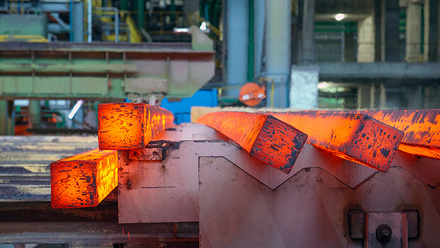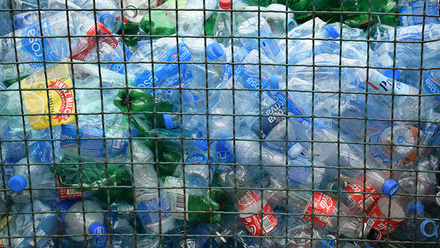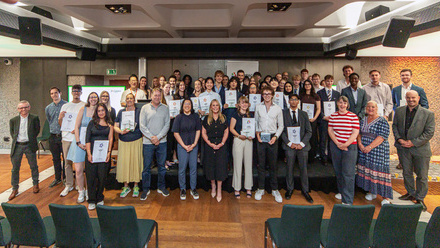Bantam Materials join Ethical Trading Initiative
Membership will see company focus on its certified recycled plastic.

Bantam Materials, UK, has joined the Ethical Trading Initiative (ETI) as part of its ambition to drive up standards for recycled packaging products. It is the first recycled plastic business to be accepted to the alliance of companies, trade unions and NGOs that promotes respect for workers' rights around the globe.
As members, the firm will apply an internationally recognised framework to its supply chain structure, aligning with best practice within ethical trade.
Bantam Materials’ product Prevented Ocean Plastic is a certified recycled plastic that has been collected from coastal areas in developing countries that are at risk of ocean plastic pollution and the product will be the focus of the company during its first year of membership, with the whole organisation’s business practices forming part of the assessment for year two.
Over 10,000 tonnes of Prevented Ocean Plastic was delivered into the market in 2020, making it the largest programme of its kind. It also continues to grow quickly, passing the 20,000 tonne mark in Q3 2021. Customers including LIDL, Sainsbury’s, Waitrose and Booths Supermarket are key partners, along with major manufacturing partners such as Groupe Guillin and Berry Global for product offerings in fish, poultry, soft fruits, personal care and home products.
In addition to gaining a greater understanding of its supply chain, including recognising its business impact on risks within its supply chain, membership of ETI will help to increase transparency around the real-life experiences of bottle collectors who are at the starting point of the supply chain.
Raffi Schieir, Director of Bantam Materials, says, 'Bantam Materials has always been committed to ensuring that Prevented Ocean Plastic is best-in-class recycled ocean bound plastic, pushing up standards wherever necessary. Our ETI membership is the latest step in our journey and comes in recognition that there is an urgent need to protect bottle collectors across developing countries as demand for recycled plastic builds, with each geographic location presenting its own unique challenges.'







